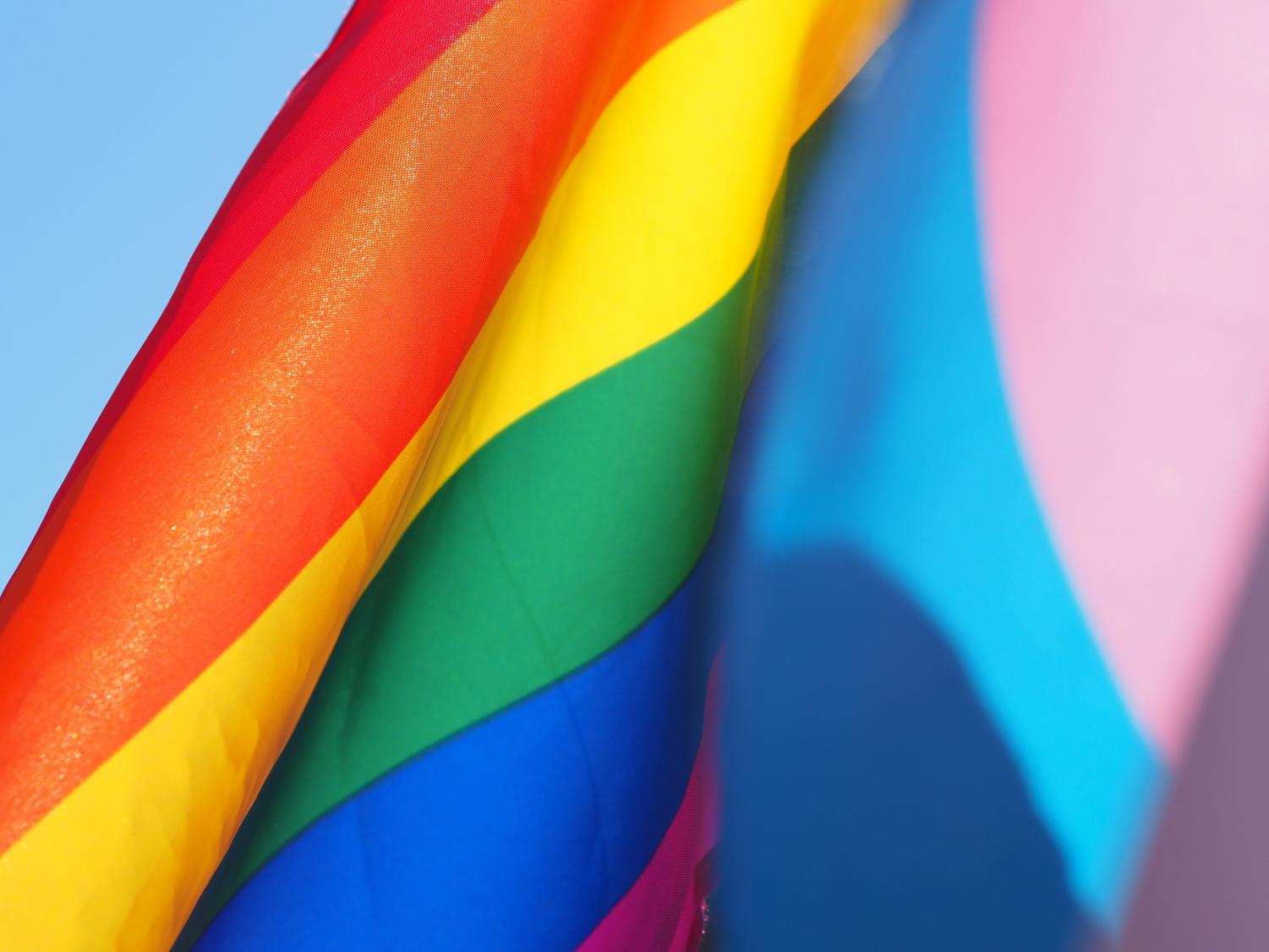On March 3, the United States Senate received the Equality Act, a bill that prohibits discrimination based on sexual orientation and gender identity in public accommodations and facilities, education, federal funding, employment, housing, credit, and the jury system. The act seeks to expand upon the Supreme Court decision in the Bostock v. Clayton County case which ruled against discrimination based on sexual orientation.
WHAT IS IT?
The Equality Act, passed by the House of Representatives twice, would revise the federal Civil Rights Act of 1964 which prohibits discrimination against gender, race, color, religion or national origin to include discrimination protections for sexual orientation and gender identity.
On Feb. 25, House Speaker Nancy Pelosi explained in her Floor Speech that the Civil Rights Act is a “sacred pillar” for freedom in the U.S. that is not amended lightly but out of necessity.
“It is sadly necessary because many members of the national LGBTQ community live in states where, though they have the right to marry, they have no state-level non-discrimination protections in other areas of life,” Pelosi said.
The act has been read twice in the Senate and placed on the Senate legislative calendar under General Orders. Despite broad support from lawmaker’s and organizations, many Republican Senators are hesitant to back it due to the concern that it will infringe upon religious objections.
RELIGIOUS FREEDOMS AND FEDERAL FUNDING
A large majority of the U.S. population supports expanding LGBTQ rights, but religious groups fear the Equality Act will punish them for their moral standards. According to NBC News, the act would go a step further than prohibiting sexual orientation and identity discrimination by stonewalling any appeals for penalties imposed under the act. It will override the Religious Restoration Act of 1993 which allows people to challenge federal requirements if they feel it infringes on certain religious rights. Douglas Laycock, a law professor at the University of Virginia, informed NPR News that while he supports expanding LGBTQ rights, this bill limits people’s ability to defend themselves against discrimination claims.
“It protects the rights of one side, but attempts to destroy the rights of the other side,” Laycock said. “We ought to protect the liberty of both sides to live their own lives by their own identities and their own values.”
According to Title VI of the Civil Rights Act, institutions that discriminate based on race will not be eligible to receive federal funds and the Equality Act will extend that position to include discrimination against sexual orientation and discrimination. Many faith-affiliated institutions require students to adhere to a strict moral code on sexual conduct and fear that if they do not adhere to federal LGBTQ rights policies, they will lose funding that allows them to offer Pell Grants, student scholarships and other government aid programs.
While Biola provides resources and community for students with same-sex attraction such as The Dwelling and pastoral care, students are required to sign a contract on sexuality and relationship conduct prior to enrollment. The university’s Theological Positions upholds that God’s intent for sexual intimacy is “to occur only in the covenant of marriage between a man and a woman.”
SENATE ACTIONS
On March 17, the Equality Act hearing set by the Senate Judiciary Committee will commence chaired by Senator Richard Durbin. With a 50-50 split between Republican and Democratic senators, the bill will require 10 Republican along with all Democratic seats to vote in favor of the bill to advance it past a filibuster, a procedure in the Senate used to delay or block a vote.












